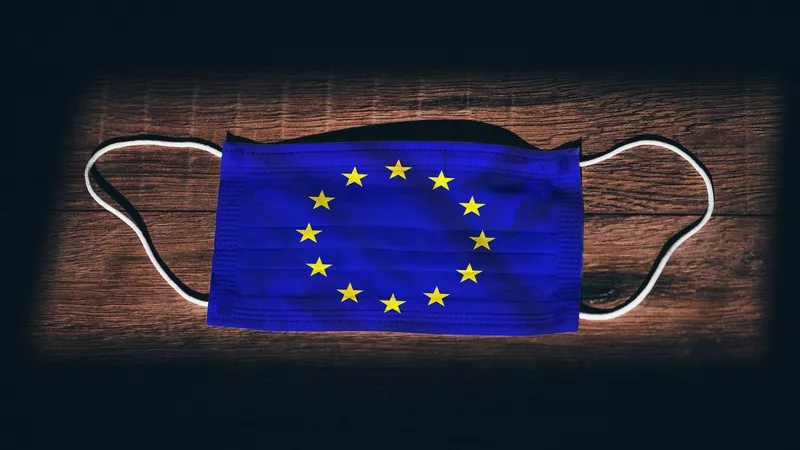
Arriva Netherlands will operate passenger transport services in the country's Gelderland province, providing buses in the Achterhoek and Rivierenland regions as well as trains in Achterhoek.
The contract starts in December next year and could run until 2042 if the full seven-year extension is applied beyond the initial 10-year term. Arriva already has a presence in the region, having operated buses in Achterhoek since 2010 and in Rivierenland since 2003, where trains were added in 2012.
The new contracts will see Arriva’s current fleet of around 100 buses being replaced by new electric vehicles.
The passenger transport authority in the region noted that Arriva’s success was down to its commitment to grow the number of bus services, especially in rural areas and on important high traffic routes. Arriva also noted that a programme of refurbishment for the 24-strong train fleet is set to increase comfort levels on board as well as improving efficiency with new cleaner engines installed and a number of technical and cosmetic innovations. From 2025 another nine trains will be added to Arriva’s fleet to serve the region, bringing the total to 33.
Arriva said it is also able to help the passenger transport authority achieve against its sustainability target for emission-free bus services by 2030, with the introduction of the new electric fleet. They will be operated alongside its existing fleet of nine hydrogen buses from the start of the contract.
Anne Hettinga, managing director of Arriva Netherlands said the contract secures the company’s operations in the region for at least another 10 years. “With a long contract we can invest securely and grow our operations, ensuring we make a difference to passengers. We can also support the local transport authorities to achieve their sustainability targets,” she said.
Arriva provides passenger transport across Europe, employing around 34,400 people and delivering around 1.6 billion passenger journeys. It has buses, trains, coaches, trams, waterbuses, bike-sharing systems, on-demand transport solutions and a rolling stock leasing company.
The activities of Arriva are divided into four business units: UK Bus, UK Trains, the Netherlands and mainland Europe. Arriva has passenger transport operations in the Czech Republic, Croatia, Hungary, Italy, the Netherlands, Poland, Slovakia, Slovenia, Spain and the UK.









